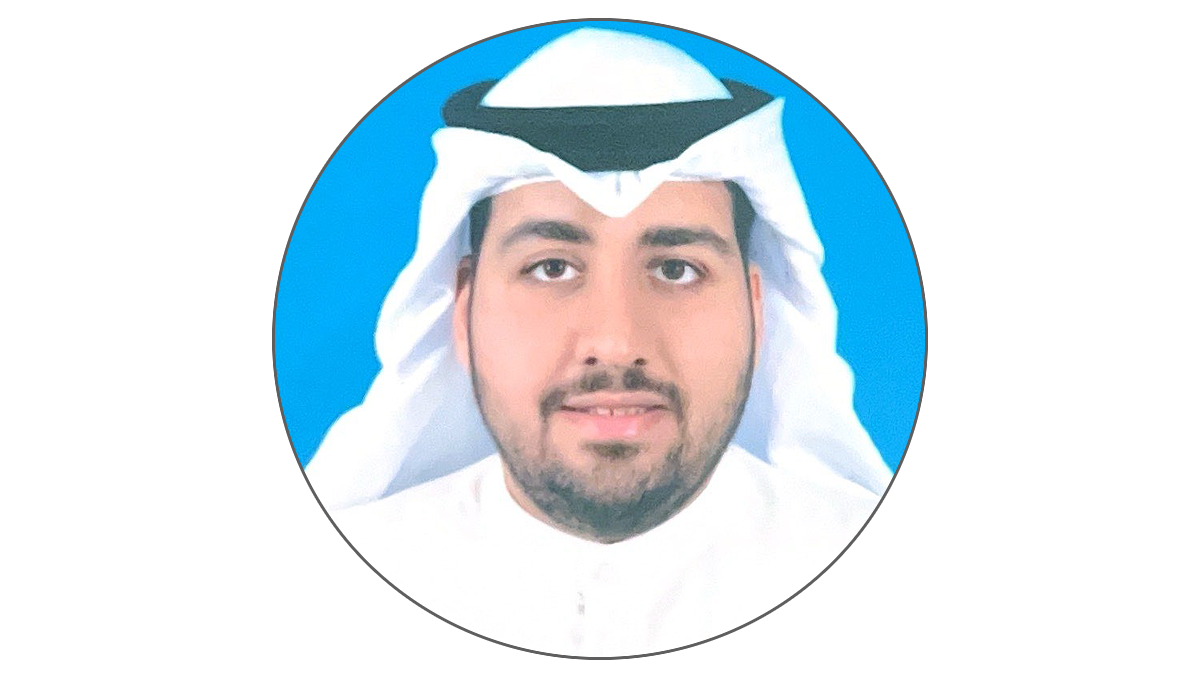23/06/2025
23/06/2025

Despite all this, we cannot discuss this issue without acknowledging the relentless efforts of the Ministry of Interior, which wages a daily battle against drug traffickers. The Ministry has made significant strides in seizing large quantities of narcotics and tracking down dealers without pause. These efforts deserve our full support and appreciation – the battle is tough, the enemy ever-changing, and their methods are constantly evolving, but our security forces’ determination is stronger. Still, we must realize that this battle is not the responsibility of law enforcement alone.
There is a vital humanitarian and social dimension to this crisis, just as important as the security one. The addict – yes, the addict – is ultimately a victim, not a criminal in every case. A victim of weakness, neglect, bad influence, or even a deadly sense of emptiness. That is why establishing specialized and modern rehabilitation centers for addicts has become a national, humanitarian, and moral necessity.
Centers that offer treatment, not punishment; rehabilitation, not exclusion. Facilities that rebuild the human being from within – welcoming addicted young men and women, and reminding them that they still matter – to their families, their communities, their faith, and their nation. Our society, in turn, must be a source of support – not judgment. A shelter, not a whip. We must embrace those who fall, not push them deeper into the abyss.
It is our duty to pave the road back, to plant hope in the hearts of those who have lost it, and to affirm that mistakes can be corrected – and that the past should not dictate the future. In the end, one truth remains crystal clear: There can be no security without awareness, no awareness without solidarity, and no solidarity without a genuine societal will to combat this plague through every means possible --- education, prevention, treatment, and legislation.


